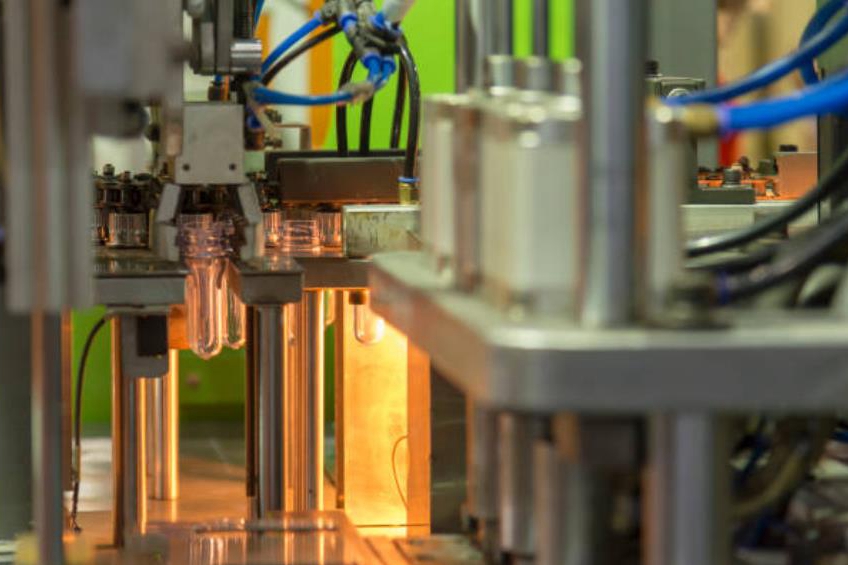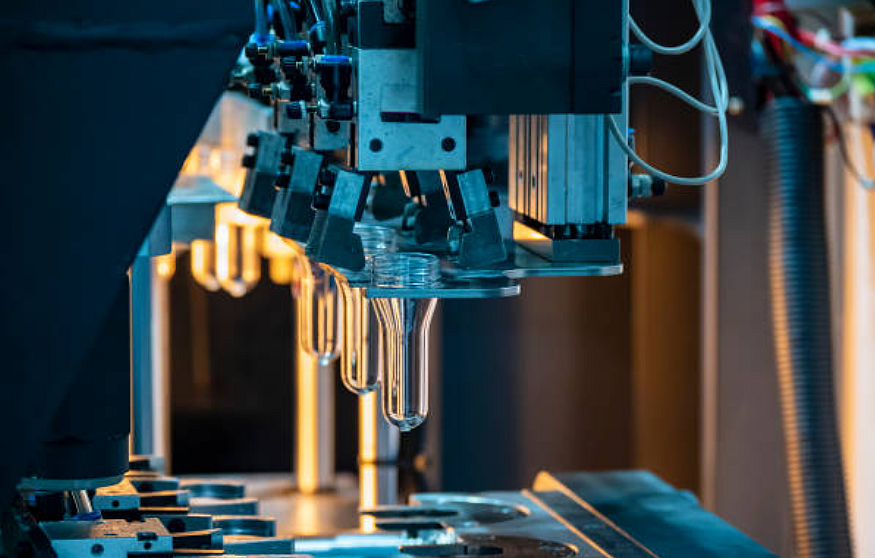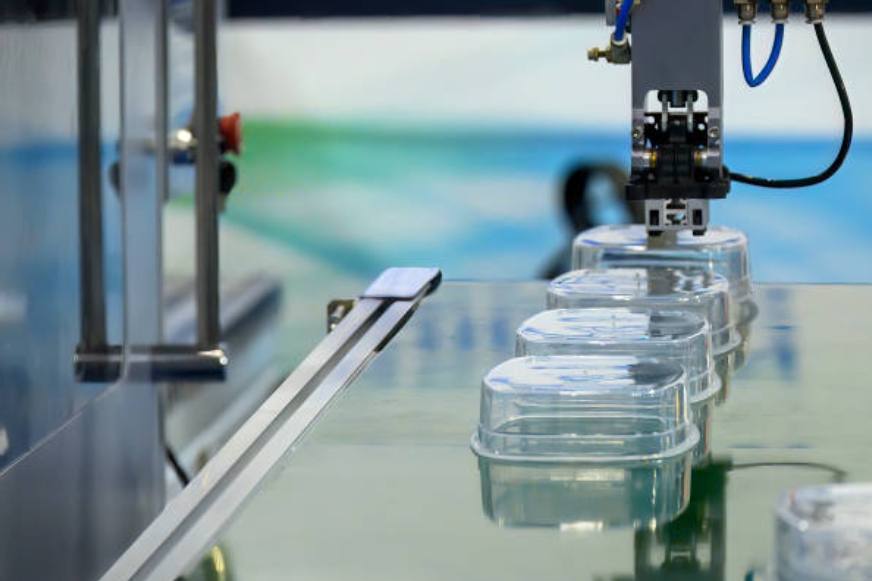ABS-PC
ABS-PC Injection Molding service
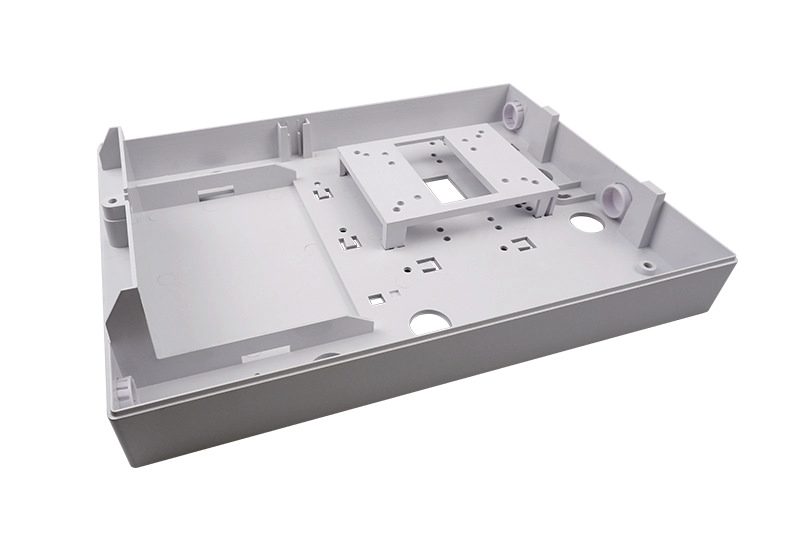
What Is Acrylonitrile Butadiene Styrene-Polycarbonate (ABS-PC)?
Acrylonitrile Butadiene Styrene-Polycarbonate (ABS-PC) is a polymer blend merging ABS's toughness and polycarbonate's heat resistance. It's famous for injection molding durable and versatile products.
Enhanced Strength: ABS-PC combines the strength of ABS with the impact resistance of polycarbonate, resulting in a durable and robust material for various applications.
Heat Resistance: The polycarbonate component provides heat stability, enabling ABS-PC to withstand elevated temperatures without deformation.
Impact Resistance: The blend's composition enhances impact resistance, making ABS-PC suitable for products exposed to mechanical stress and harsh conditions.
Versatile Applications: ABS-PC's balanced properties make it ideal for manufacturing automotive components, consumer electronics, and housings that require strength and aesthetic appeal.
Injection Molding ABS-PC Grades Comparison
Comparing different ABS-PC (Acrylonitrile Butadiene Styrene-Polycarbonate) grades in injection molding offers distinct advantages. These blends combine the strength and impact resistance of ABS with the heat stability of polycarbonate, resulting in durable parts suitable for automotive, electronics, and industrial applications, ensuring optimal performance and aesthetics.
Physics and Mechanical Properties
Property | Density | Tensile Strength | Tensile Elongation | Flexural Modulus | Flexural Strength | Izod Impact Strength | Heat Deflection Temp. | Shrinkage | Hardness |
Units | (g/cm³) | (Mpa) | (%) | (MPa) | (MPa) | (J/m) | (℃) | (%) | (Rockwell R) |
Cycoloy® ABS-PC | 1.08 | 55 | 5 | 2200 | 75 | 650 | 95 | 0.5 | 100 |
Bayblend® ABS-PC | 1.07 | 50 | 6 | 2400 | 70 | 600 | 92 | 0.6 | 98 |
Lexan® ABS-PC | 1.06 | 52 | 4 | 2300 | 72 | 620 | 90 | 0.4 | 96 |
Luran® ABS-PC | 1.05 | 48 | 5 | 2100 | 68 | 590 | 88 | 0.7 | 94 |
ABS-PC Injection Molded Parts Applications
Automotive interior components
Consumer electronics enclosures
Medical device housings
Electrical equipment panels
Industrial equipment casings
Safety equipment components
Appliance housings
Power tool handles
Sporting goods gear
Outdoor signage
Toys and games
Computer hardware components
Instrument panels
Electronic connectors
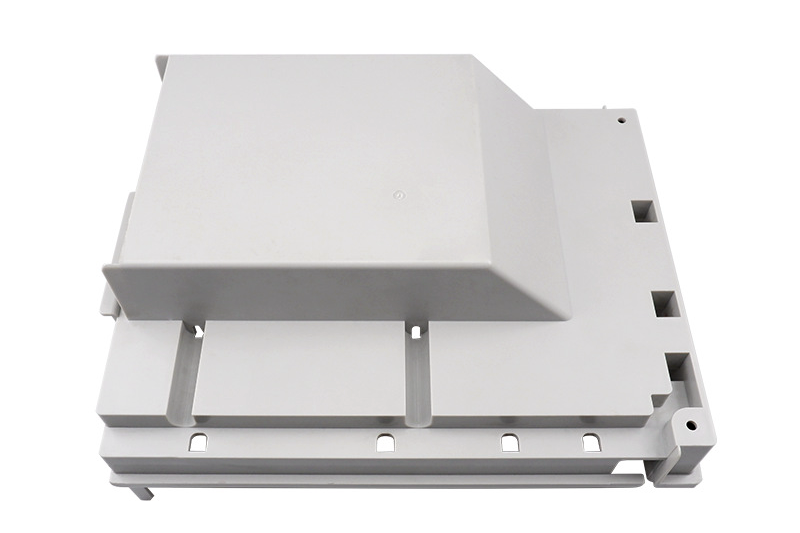
Benefits of Our ABS-PC
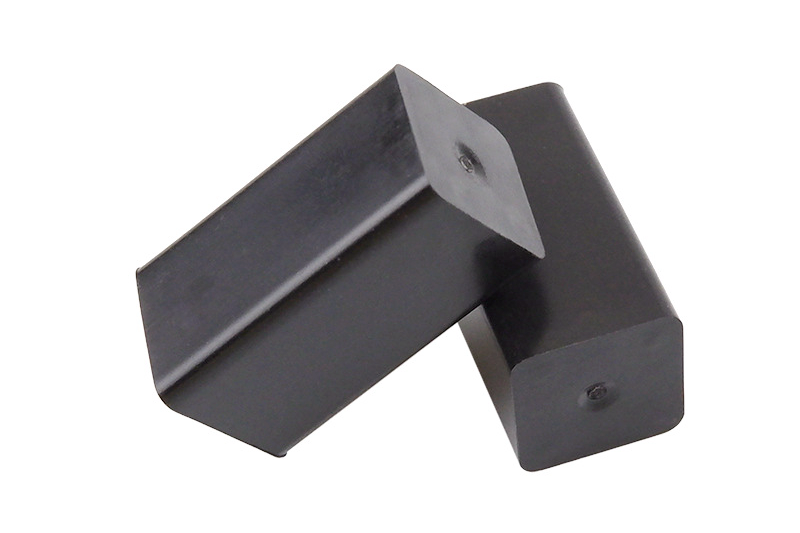
Strength and Impact Resistance
Strength and impact resistance are prominent characteristics of injection-molded ABS-PC parts. This blend combines the toughness of ABS with the impact resistance of polycarbonate, resulting in components capable of withstanding mechanical stress and sudden impacts. The tensile strength typically ranges from 48 to 55 MPa, while the impact strength measures around 590 to 650 J/m.
Injection-molded ABS-PC parts find their niche in various industries where strength and impact resistance are pivotal. Automotive exterior parts, safety equipment components, and industrial equipment casings benefit from the blend's ability to endure mechanical stress and impact. Consumer electronics enclosures, power tool housings, and sporting goods gear also benefit, as these products often face accidental impacts during use.
Heat Stability
The heat stability of injection-molded ABS-PC parts is a crucial attribute derived from the polycarbonate component. ABS-PC can withstand elevated temperatures without deformation, thanks to its heat deflection temperature ranging from 88°C to 95°C.
Injection-molded ABS-PC parts used in Electrical equipment panels and industrial machinery casings benefit from ABS-PC's ability to maintain form and function at elevated temperatures. Automotive components located near engines and heat sources rely on this property to ensure the parts can endure the heat generated in the engine compartment.
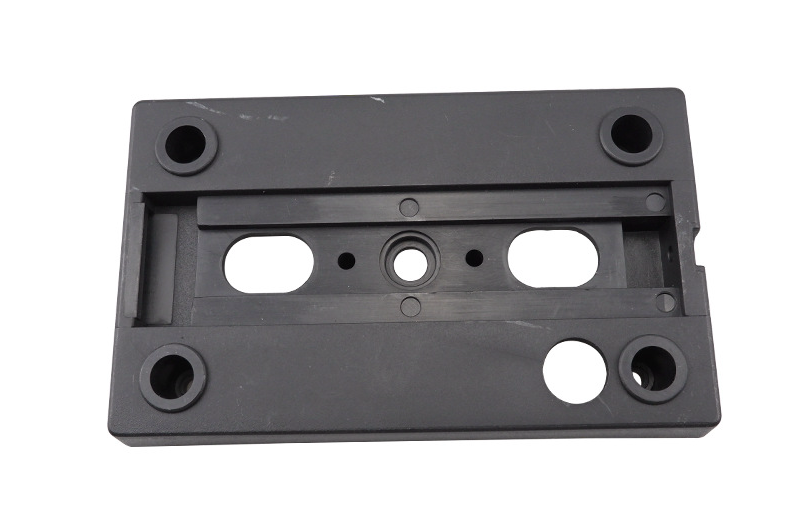
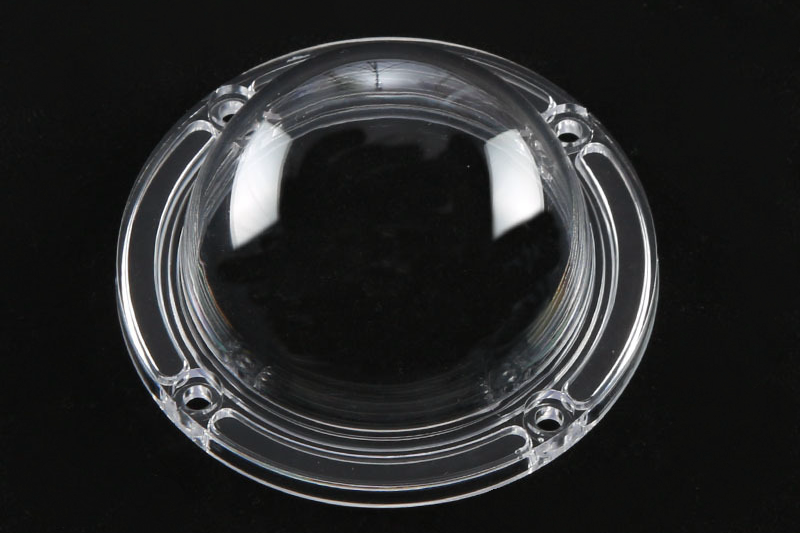
UV Resistance
The UV resistance of injection-molded ABS-PC parts is a standout feature, making them suitable for outdoor applications. The blend's composition, including polycarbonate, provides excellent resistance to UV degradation, ensuring that the parts retain their appearance and performance even when exposed to sunlight for extended periods.
Injection-molded ABS-PC parts with UV resistance find essential applications in various outdoor products. Garden furniture, automotive exterior parts, outdoor signage, and recreational equipment can benefit from this property, as they are exposed to the harsh effects of UV radiation.
Efficient Processing
Efficient processing of injection-molded ABS-PC parts stems from the blend's optimal melt flow characteristics, enabling smooth and consistent molding. This property facilitates the precise manufacturing of intricate components, reducing production time and minimizing defects while maintaining dimensional accuracy and surface finish.
Injection-molded ABS-PC parts with efficient processing are well-suited for applications that require intricate shapes and details. Consumer electronics enclosures, medical device housings, and safety equipment components benefit from streamlined manufacturing, ensuring intricate designs are accurately reproduced while maintaining the blend's mechanical and thermal properties.
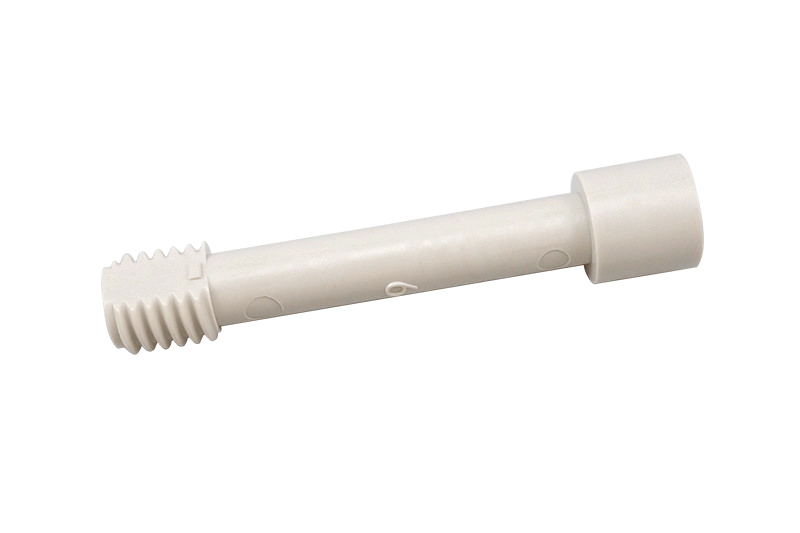
What We Can Offer?
Neway offers a variety of injection molding process options, including:
1. Plastic Injection Molding Service
4. Multi Shoot Injection Molding Service
And various standard and custom materials for injection molding, including:
Thermoplastics | Thermosets | |||
Medical-Grade silicone rubber | ||||
Optical silicone rubber | ||||
Plastic Injection Molding FAQs
1. What Are The Common Defects In Injection-molded Parts?
2. What Materials Are Used In Injection Molding?
3. What Are the Types and Applicability of Custom Injection Molding
4. Typical Sized Plastic Parts Molded on a 260-Ton Injection Molding Machine
